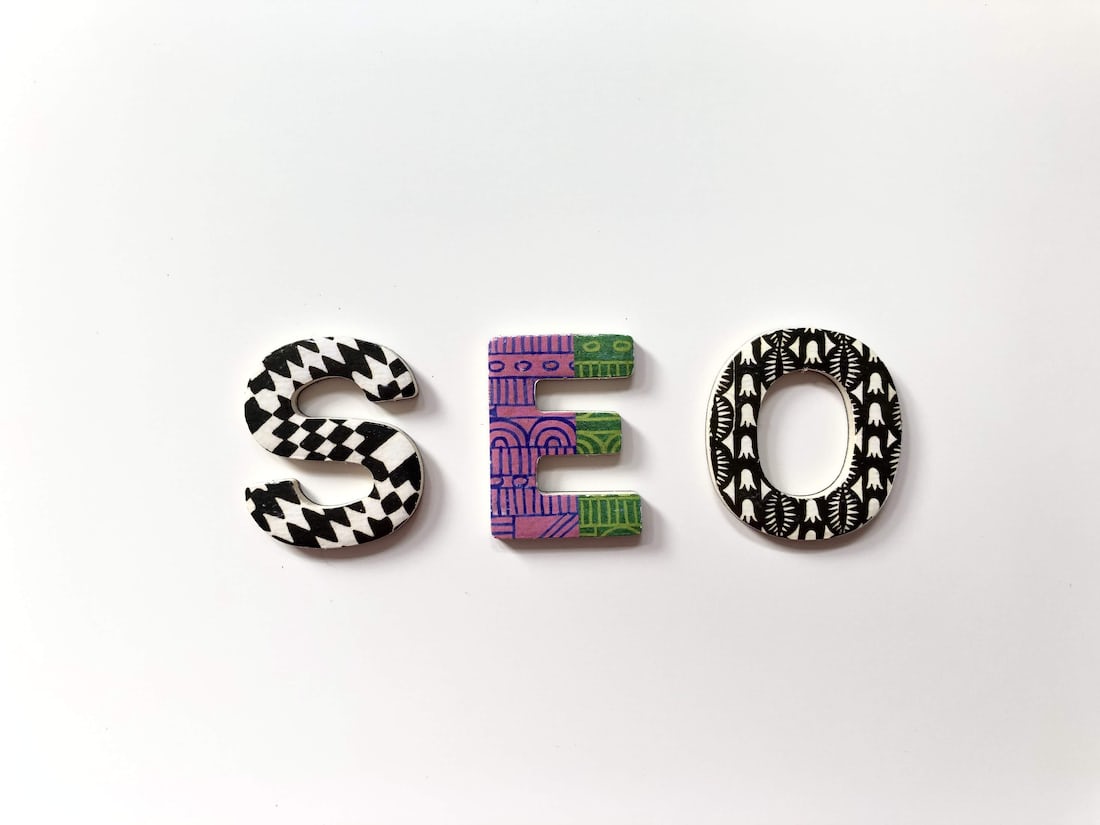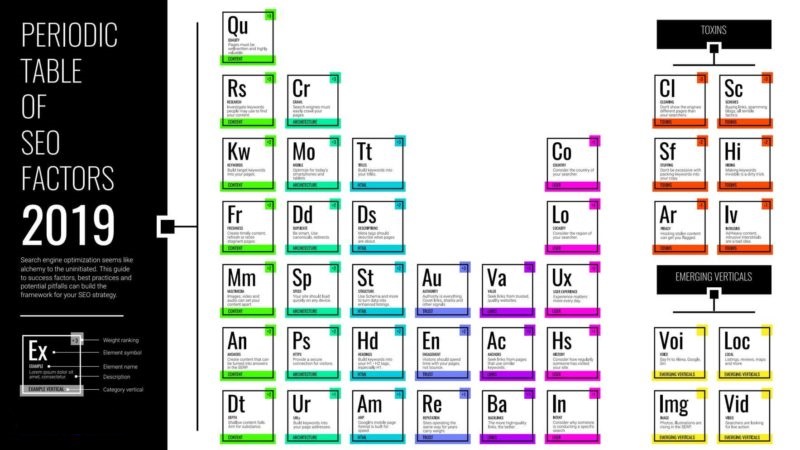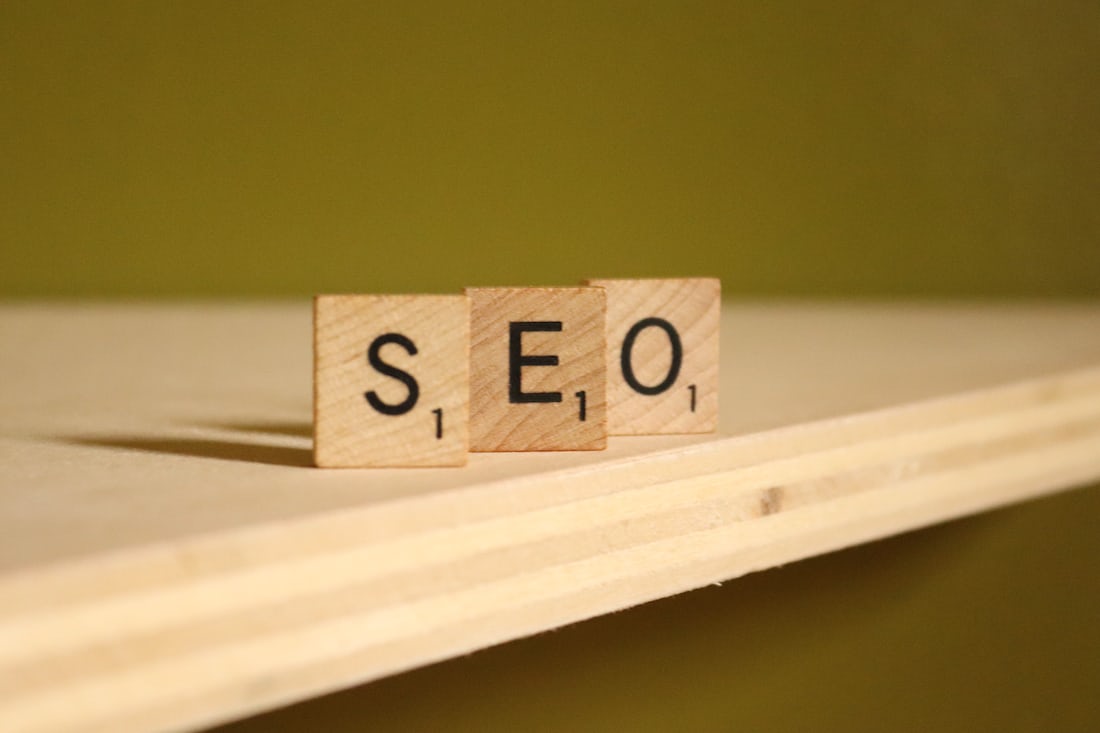
what is seo
SEO stands for “search engine optimization.”
Search Engine Optimization (SEO) is an essential part of a successful website. In simple terms, it refers to improving your site in order to increase its visibility when users search for products or services related to your company on Google, Bing, and other search engines. The goal of search engine optimization (SEO) is to improve your website so that it appears higher in search engine results when people search for your business’ products or services. Your website will gain more visitors and customers if it appears higher in search results. Although the process is difficult, the result is worth it. If your pages have a high ranking in search results, you are more likely to attract prospective and existing customers to your enterprise. Although the process is difficult, the result is worth it.

How does SEO work?
SEO is the process of enhancing your site in order to boost its prominence on search engines. The bots crawl sites and collect information, which is subsequently included in an index. A librarian in a library (or a web page in a search engine index) is able to locate a book (or a web page) to help you find what you’re looking for. Hundreds of ranking signals or ranking factors are used to order pages in search results as a result of an algorithm. As a result of our library analogy, a librarian can find a book to help you find what you’re looking for.
The procedure of upgrading your website to boost its visibility when people search for products or services related to your business is known as “search engine optimization” (SEO). The better your pages’ visibility in search results, the more likely you are to attract potential and existing customers to your company. You can think of SEO as a library where a librarian can locate a book (or a web page) to help you locate exactly what you’re searching for at that moment. The librarian can locate the book because search engines such as Bing and Google crawl pages on the web, collecting information about them and putting them in an index. The index is like a library in which a librarian can locate a book to assist you to locate what you’re looking for at the moment. Algorithms then examine the pages in the index and establish their order in search results based on hundreds of ranking signals and criteria. In our library analogy, books are arranged in alphabetical order and the librarian knows where each book is located.
Every book in the library has been read by the librarian and can be consulted to answer your questions. Every one of the books has been read by the librarian, who can tell you which one has the answers. You can’t pay search engines to get better organic rankings in search, so SEO experts must put in the work. We come in to help. The Periodic Table of SEO Factors organizes the factors into six categories and weights them according to their importance to SEO. For example, content quality and keyword research are crucial to content optimization, whereas crawlability and site speed are important website architecture components. Toxins that detract from SEO best practices are also listed in the newly updated SEO Periodic Table. For example, content quality and keyword research are important in content optimization, and crawlability and page speed is important in website design. Websites can also be contaminated by Toxins (such as intrusive advertisements and pop-ups) that detract from SEO best practices, as well as slow page loading times.

We organize the SEO factors into six categories, with each being weighted according to its overall importance to SEO. For example, content quality and keyword research are fundamental components of content optimization, and crawlability and page speed are critical aspects of website architecture. In addition, the newly updated SEO Periodic Table lists a number of Toxins that hinder SEO best practices.
The goal of search engine optimization (SEO) is to improve your website so that it appears higher in Google, Bing, and other search engine results when people search for your business’ products or services. Your website will gain more visitors and customers if it appears higher in search results. Although
The newly updated SEO Periodic Table includes a list of Toxins that detract from SEO best practices. These are shortcuts or tricks that, back in the day when the engines’ methods were less sophisticated, guaranteed high rankings. They might still work for a short time now—at least until you’re caught. These are shortcuts or tricks that may have guaranteed high rankings back in the day when the engines’ methods were less sophisticated. They may still work for a short time now—at least until you’re caught. The brand new Niches section dives into the SEO success factors behind three key niches: Local SEO, News/Publishing, and Ecommerce SEO. Our overall SEO Periodic Table will help you with the best practices, but knowing the intricacies of SEO for each of these niches can help you succeed in search results for your small business, recipe blog, and online store. To help your pages rank higher in the search results, it’s important to keep these factors in mind while optimizing your site and content.

Why is SEO important for marketing?
SEO is the foundation of an entire marketing ecosystem. It’s the foundation of everything else. When you know what your website’s visitors want, you can apply that knowledge across your marketing campaigns (both paid and organic), across your website, across your social media accounts, and more. The main reason why SEO is important for marketing is that consumers conduct billions of searches each year to find products and services. Search is one of the most important sources of digital traffic for brands, and it complements other marketing channels. Ranking higher in search results than your competitors can have a significant impact on your bottom line. As a result, the results have evolved over the last few years to provide users with more direct answers and information that keeps users on the page rather than driving them to other websites. As a result, SEO is critical for marketing.
The main reason why SEO is important for marketing is that consumers conduct billions of searches each year to find products and services. Search is one of the most important sources of digital traffic for brands, and it complements other marketing channels. Ranking higher in search results than your competitors can have a significant impact on your bottom line. As a result, the results have evolved over the last few years to provide users with more direct answers and information that keeps users on the page rather than driving them to other websites. As a result, SEO is critical for marketing.

Digital marketing relies on SEO because billions of people conduct searches every year to find products and services. Search is a critical part of digital marketing. It can drive significant traffic to your website if you rank higher in the search results than your rivals. In addition to other marketing channels, search is a primary source of digital traffic for brands. Having higher visibility and rankings can have a material impact on your bottom line. However, the search results have evolved in recent years to provide users with more direct answers and information in order to keep users on the results page rather than driving them to other websites. Search is an integral part of digital marketing because billions of searches are conducted each year with commercial intent to find product and service information. Search is a significant traffic source for brands in addition to other marketing channels. Ranking higher in search results than your competitors might have a significant impact on your profit margin. As a result, the search results have been evolving over the past few years in order to provide users with more direct answers and information that will keep users on the results page rather than sending them to other websites. In addition, the results include rich results and Knowledge Panels, which provide users more information about your company directly in the results. SEO is the foundation of an entire marketing ecosystem. It’s the foundation of everything else. When you know what your website’s visitors want, you can apply that knowledge across your marketing campaigns (both paid and organic), across your website, across your social media accounts, and more.
How can I learn SEO?
With our Periodic Table of SEO Factors, you’ll discover all the key concepts relating to SEO. To achieve successful on-page and off-page SEO, you need to understand the substance of the table. There are also ‘toxins’ (tactics that hurt your rankings) that you must avoid.

The table and report are also concerned with three types of search:
- Local SEO
- Publishing/News SEO
- E-commerce SEO
This handbook on SEO will provide you with a foundation as well as an understanding of SEO.
The main reason why SEO is important for marketing is that consumers conduct billions of searches each year to find products and services. Search is one of the most important sources of digital traffic for brands, and it complements other marketing channels. Ranking higher in search results than your competitors can have a significant impact on your bottom line. As a result, the results have evolved over the last few years to provide users with more direct answers and information that keeps users on the page rather than driving them to other websites. As a result, SEO is critical for marketing.
Digital marketing relies on SEO because billions of people conduct searches every year to find products and services. Search is a critical part of digital marketing. It can drive significant traffic to your website if you rank higher in the search results than your rivals. In addition to other marketing channels, search is a primary source of digital traffic for brands. Having higher visibility and rankings can have a material impact on your bottom line. However, search results have evolved in recent years to provide users with more direct answers and information in order to keep users on the results page rather than driving them to other websites.
Search is an integral part of digital marketing because billions of searches are conducted each year with commercial intent to find product and service information. Search is a significant traffic source for brands in addition to other marketing channels. Ranking higher in search results than your competitors might have a significant impact on your profit margin. As a result, the search results have been evolving over the past few years in order to provide users with more direct answers and information that will keep users on the results page rather than sending them to other websites. In addition, the results include rich results and Knowledge Panels, which provide users with more information about your company directly in the results. To develop a strong organic traffic strategy, you must understand the fundamental elements of search engine optimization. There are deep-dive explanations of these factors in this guide, along with tactical tips from search engine optimization experts that will help you drive more organic traffic to your site.

Search Engine Guide To SEO
The guide walks you through the basics of search engine optimization so you can generate organic traffic on your site. Below, we discuss these elements in more detail, providing tactical advice from search engine optimization professionals that will help you gain more visitors from organic searches. You’ll learn about niche verticals in SEO and poisonous SEO tactics in this chapter.
To create an effective organic traffic strategy, you must first understand the fundamentals of search engine optimization. In this guide, we’ll go into more detail about these variables, as well as provide you with tactical SEO suggestions from specialists in search engine optimization that will help you get more organic visitors to your website. We’ll also examine niche verticals in SEO and toxic SEO tactics to avoid.

- Point 1: Types of Search Engine Success Factors: The following variables can impact your search rankings, both on- and off-page. We’ll also look at niche verticals in SEO and toxic SEO tactics to avoid.
- Point 2: Content of Search Engine Success Factors: This chapter will help you create great content for both search engines and your target audiences.
- Point 3: Site Architecture & Search Engine Success Factors: Your site’s architecture and search engine success factors are critical to producing an easy-to-access website that presents an excellent user experience.
- Point 4 : HTML code and SEO Success Factors : Search engines can better understand your content thanks to HTML elements and structured data that assist arrange the information on your website.
- Point 5 : Trust, Authority, Expertise & Search Rankings: Search Rankings, Trust, Authority, and Expertise Search engines utilize your site’s reputation and authority, user engagement, and other factors to decide whether or not to display it to users.
- Point 6 : Link Building & Ranking In Search Engines : The importance of links nowadays and what they reveal to search engines about your content
- Point 7 : Personalization & Search Engine Rankings : These are the user-specific components that can influence the outcomes users to perceive, such as location and intent.
- Point 8 : Toxins & Search Engine Spam Penalties : Avoid using SEO “shortcuts.” If you are discovered utilizing these strategies, you can face a manual action penalty or perhaps have your website removed from the search index.
- Point 9 : Emerging Verticals in Search : Users now have new search options, including voice, location, image, and video search. They are all founded on the core principles of SEO, despite the fact that they each offer subtle chances for brands.
Conclusion :
Search Engine Optimization (SEO) is an essential part of a successful website. It is the process of
optimizing your website to make it easier for search engines to find, index, and rank your website in search engine results.
Related post ;








смотреть просто порно русские https://prosto-porno.pro/ просто порно джинсах
простые русские лесби порно
просто порно на отдыхе
русское простое домашнее порно зрелых
просто порно дрочка
ютуб просто порно бесплатно
просто порно папа и дочка
порно видео простых русских девушек
просто порно кастинг
prosto porno ru
просто порно х
573925_
Also, our job writers around the world are well trained in their picked discipline which indicates you can quickly place your belief in the method they treat your paper, regardless of which scholastic technique you’re from. When it pertains to your occupation potential customers and bright future, MyAssignmenthelp.com takes the onus on itself to promote your growth in the best instructions. So, by doing this you would not have to think twice prior to trusting us with your academic documents. Position an order with us currently and also reap the benefits of wonderfully written academic documents today. his explanation